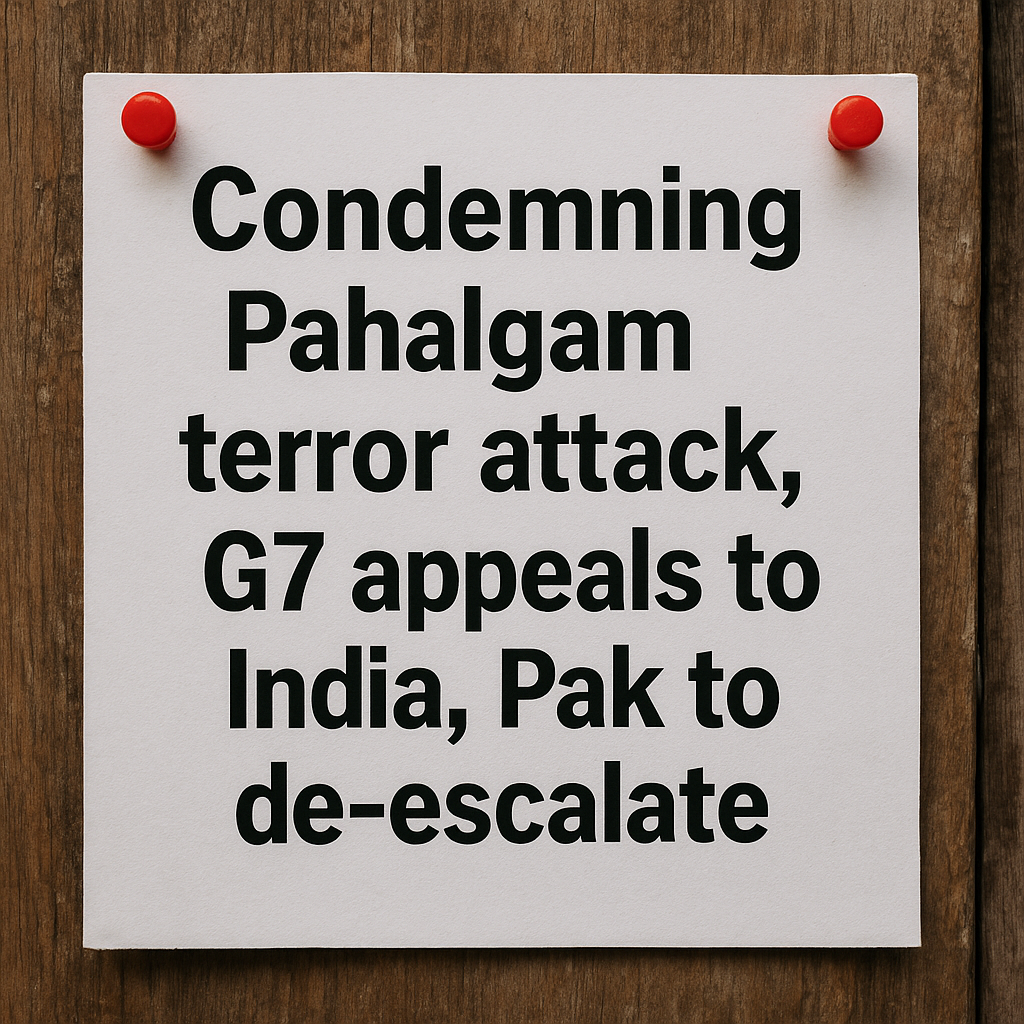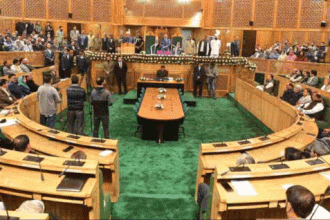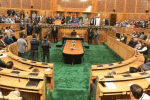New Delhi, May 10 – In the wake of a brutal terrorist attack that shook the peaceful valley of Pahalgam on April 22, the world is watching closely as tensions between India and Pakistan spiral upward. Amid fears of further escalation, the G7 nations have come together with a heartfelt appeal for calm, dialogue, and above all—restraint.
In a joint statement, the foreign ministers of Canada, France, Germany, Italy, Japan, the UK, the US, and the European Union expressed deep sorrow over the violence. “We strongly condemn the egregious terrorist attack in Pahalgam,” they stated, while urging both countries to avoid further military confrontation.
“There is too much at stake—most importantly, the lives and safety of civilians on both sides of the border,” the statement emphasized. “We call on India and Pakistan to step back, talk directly, and seek a peaceful path forward.”
Their concern comes at a sensitive time. With drones spotted across 26 locations along the International Border and the Line of Control, India’s Ministry of Defence confirmed the presence of suspected armed drones—one of which tragically targeted a civilian area in Ferozpur, injuring members of a local family. Thankfully, the injured are being treated and the area has been secured by security forces.
“Our forces are on high alert,” a Defence Ministry spokesperson said. “We are tracking every threat and taking swift action to ensure public safety.”
Citizens, particularly those in border areas, are being urged to stay indoors, avoid unnecessary movement, and remain vigilant. Authorities are doing everything in their power to prevent panic while keeping communities safe.
On Friday, Prime Minister Narendra Modi led a high-level security meeting with Defence Minister Rajnath Singh, National Security Advisor Ajit Doval, and military chiefs to review the unfolding situation.
As the G7 looks ahead to its next summit in Canada this June, its leaders made one thing clear—dialogue must win over division, and humanity must prevail over hostility.








